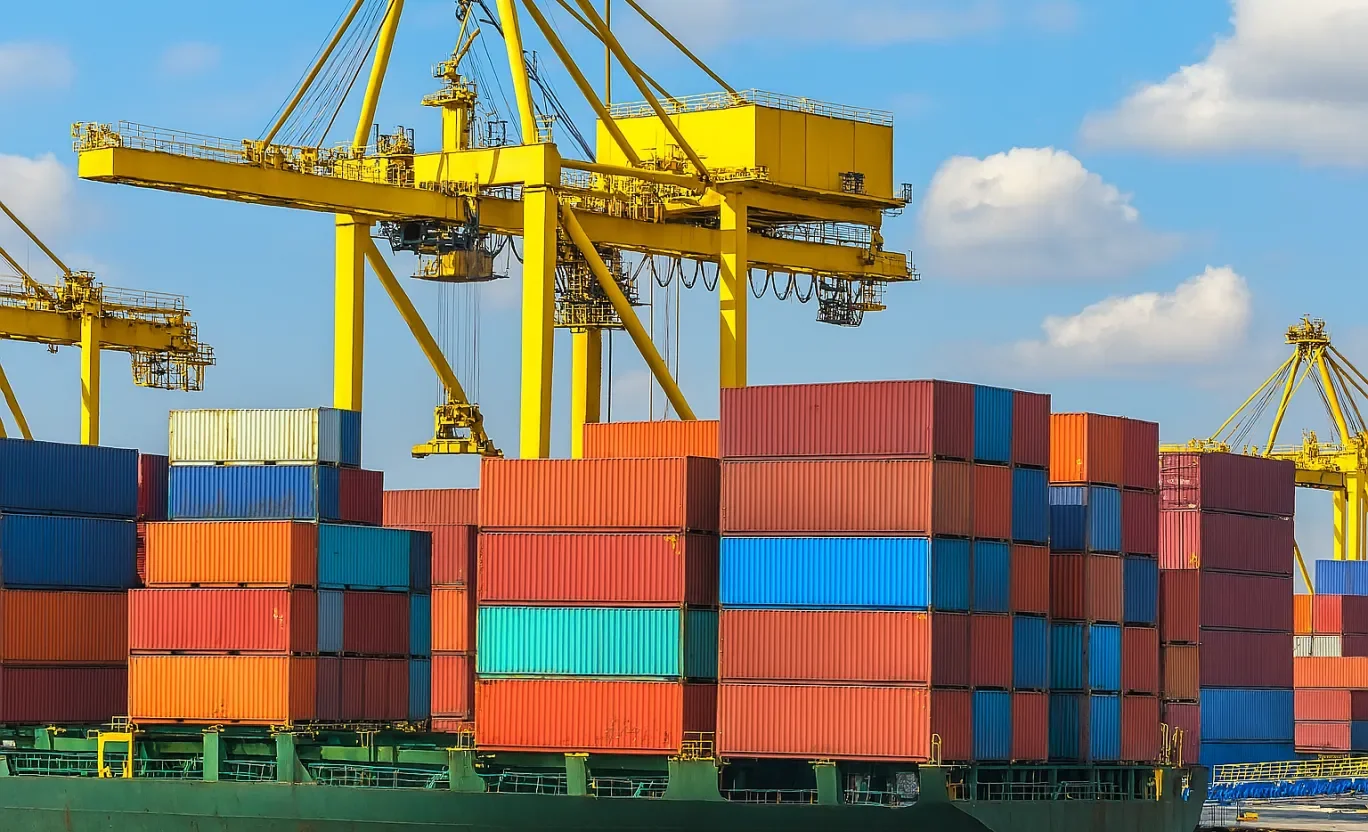WHICH REGIONS AND INDUSTRIES ARE CURRENTLY IN THE SANCTIONS RISK ZONE?
According to the FID guidelines in Latvian, companies should be especially cautious when dealing with countries that may indirectly help bypass sanctions against Russia or Belarus. These include China, Turkey, Kazakhstan, India, the UAE, Uzbekistan, and other jurisdictions that could serve as channels to circumvent EU restrictions. In many of these countries, the true end-users are concealed, or the routes of goods are deliberately restructured.
The latest FATF report, published in June 2025, dives even deeper into these risks and identifies an increasing trend of sanctions evasion through:
- Digital currencies, especially anonymous transactions via virtual assets;
- Shell companies and front entities in third countries;
- Maritime shipping networks used to disguise trade routes;
- Remote software development services provided by North Korean IT workers.
WHY THIS MATTERS FOR BALTIC BUSINESSES
Sanctions generally fall into two categories:
- Targeted financial sanctions - for example, prohibiting cooperation with designated persons or freezing their assets.
- Sectoral sanctions - which apply to specific goods or services, such as technology exports, IT services, or enterprise management software.
Baltic companies can unintentionally become links in a global sanctions evasion scheme. For instance, a business may sell goods to a partner in Kazakhstan, who then resells them to Russia - ultimately violating EU sanctions.
FATF has already identified such cases. In one example, French firms sold electronic components that eventually ended up with Russian military actors.
To avoid becoming part of such schemes, Baltic businesses must assess:
- Is the end-user clearly known?
- Does the transaction route raise red flags?
- Is the banking infrastructure used registered in jurisdictions with poor sanctions enforcement?
WHAT CAN YOU DO TO MITIGATE THESE RISKS?
To avoid serious legal or reputational consequences, both FID and FATF recommend:
👉 Establish an Internal Control System (ICS) to regularly evaluate sanctions risks. This includes thorough due diligence on business transactions, end-users, beneficial owners, goods, and services.
👉 Identify red flags - establish clear boundaries for when your company will decline business (for example, if ownership data is unclear or the end-user is unknown).
👉 Verify product and service classifications against sanction lists to ensure nothing falls under restricted categories.
👉 Monitor digital risks - especially when dealing with cryptoassets, online payment platforms, or outsourced IT services.
Even if a violation was unintentional, companies can still be held liable if they failed to conduct appropriate due diligence. Make sure your company:
- Has transparent procedures for verifying end-users and origin of goods;
- Works only with verified partners - avoid cooperation when beneficial ownership cannot be confirmed;
- Doesn't blindly trust "too good to be true" offers, particularly from high-risk jurisdictions;
- Monitors deals even after contracts are signed, to ensure products or services are not diverted elsewhere;
- Provides regular staff training on identifying warning signs of sanctions evasion;
- Stays up to date via official FATF and EU sanctions bulletins.
Author: Lonija Grīnfelde, Marketing Specialist







